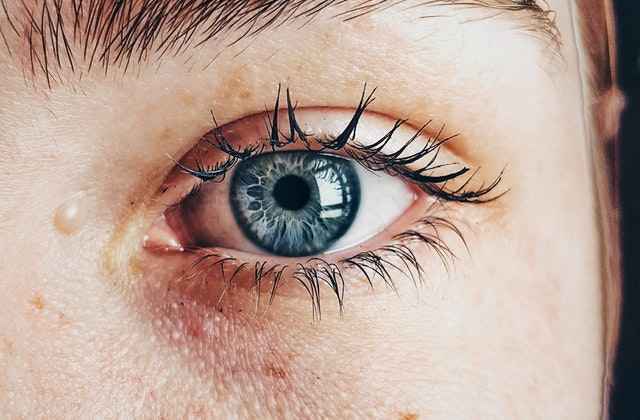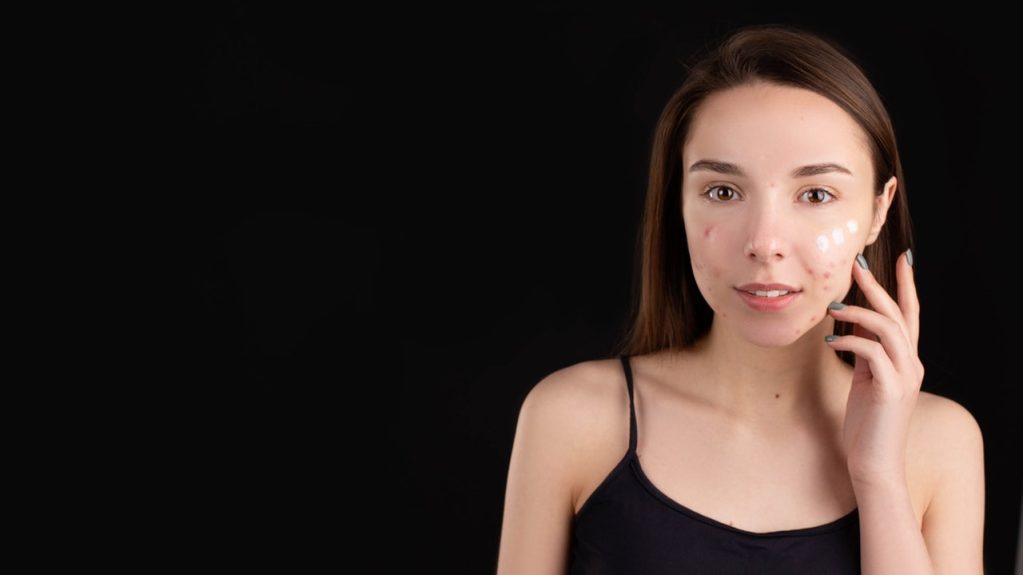Do you feel anxious about your acne-prone skin? Does fear of rejection or ridicule prevent you from going out in public? Our eyes are immediately drawn to the color, texture, and tone of a person’s skin upon first meeting them. Being affected by acne or acne scars may make it difficult to meet new people and socialize, especially for kids who are already self-conscious about their appearance.
Both celebrity fans and media skeptics have likely brought Accutane for acne to your attention. After trying several other treatments without success, you may be debating whether or not to give this one a go.
Is the efficacy of Accutane overstated, or does it exist? And how long does it take to work? In what ways does it help, and what potential negative consequences should we be aware of? Below, we’ll go into more detail about everything said above.
What Is Accutane Treatment?
Accutane is a powerful drug for clearing up acne. Accutane work may eliminate acne in as little as four to five months when used as directed. It is a potent drug that works well against almost all forms of acne and oily skin.
Does Accutane help with scars? When alternative therapies have failed to clear up moderate to severe acne, Accutane is the only option. Only use it if your acne is powerful enough to leave scars. Also helpful for chronic acne that has not cleared up with oral or topical antibiotics.
Is Accutane safe? It’s not without risks, but it’s safer than using antibiotics for an extended period. Most currently available treatments for acne are antibacterial drugs, which can only be successful if taken consistently. Over two million patients have taken this drug; therefore, there is a wealth of information on it.
How Does Accutane Work?

Accutane works by eliminating the bacteria that cause acne. An acne outbreak may arise when oil and dead cell particles clog pores on the skin. It allows skin bacteria to flourish and triggers an inflammatory response and the distinctive “zit” or comedones(small, flesh-colored, white, or dark bumps that give skin a rough texture).
Because of its anti-inflammatory, antibacterial, and nook and cranny properties, Accutane is effective against acne. Accutane decreases oil (sebum) production when used to treat acne. Most patients stick with medication until their acne disappears, while some have flare-ups and require a second round of Accutane.
How Long Does Accutane Take To Work?
Accutane is naturally produced in response to increased blood levels of vitamin A. It explains why taking big doses of Vitamin A during pregnancy has the same adverse effects on a fetus as Accutane. Accutane is a naturally occurring substance, meaning the body can efficiently flush it out of the system. Within 9 days, it has completely cleared the blood and will not influence future pregnancies.
When does Accutane start working? About 50% of the individuals who use Accutane will be “cured” of their acne forever. One out of every five patients gets a little worse in the first few weeks of therapy, and one out of every 500 patients becomes much worse. The rest improve drastically or noticeably with time. Nothing else comes close to this in cleaning up severe instances of acne. Most patients benefit from treatment after 4–6 months, but some need “retreating” for a further 4–6 months.
Side Effects Of Accutane
Accutane works best when taken during mealtimes—one’s chances of clearing up acne while using Accutane increase with each additional pill. Regrettably, adverse reactions might vary with dosage as well. The Side effects of Accutane are minimal or nonexistent at therapeutic levels. Symptoms, at their worst, are associated with the oil glands drying up. Finding an optimal dosage requires weighing the benefits against the potential risks.
Accutane Pros And Cons
Common adverse reactions are:
- 90% of people suffer from chapped lips, and a lip balm like Vaseline can treat them. Most people with dry skin and itching get relief by using moisturizers regularly (80%).
- AYR nasal gel helps relieve nasal dryness and minor bleeding (80% success rate).
- Conjunctivitis and conjunctival sac inflammation (40 percent)
- Muscle and joint discomfort (15 percent)
- Hair loss (10%)
- Rashes (7%)
- Gastrointestinal symptoms (5%)
- Urinary symptoms (5%)
- Headaches (5%)
- Heightened sun sensitivity (5%)
- One of its side effects is impaired night vision (1%), depression, and suicidal ideation (1%).
Evidence shows that taking Accutane may lead to dangerously high blood fat levels. When you discontinue the drug use, this returns to its previous state. The liver might be affected sometimes. You can have weight gain or weight loss problems. Therefore, it is crucial to have regular blood tests while on Accutane. There is little risk of anything wrong happening if you follow these precautions.
Accutane Before And After
While individual results may vary, research shows that 85% of individuals cure after completing therapy. If your skin improves after using the product, the effects may last for some time after you stop. Many people never have any additional breakouts and never need to use acne medication again.
Although it is uncommon, the second round of isotretinoin may be necessary for certain people. Isotretinoin helps the skin absorb other acne treatments more effectively.
Is Accutane Right for You? Find Out If You Are a Fit!
Read more: How You Can Get Rid Of Back Pain From Accutane
Patients who have tried alternative treatments for acne without improvement may benefit from isotretinoin. Your dermatologist may recommend these if you haven’t tried salicylic acid or erythromycin. Isotretinoin can use if none of those above treatments successfully eradicate acne. Individuals with severe cystic acne and otherwise good health tend to take isotretinoin successfully.
For women who are or could become pregnant, using Accutane is not advised.
Conclusion
Acne may strike at any time, but the scars are not permanent. You may get relief with a course of Accutane work therapy. Determine whether or not isotretinoin is the best treatment for your acne by consulting with your dermatologist. Due to its stringent regulations, the prescription process for isotretinoin is more involved than most other medicines. For people with severe acne, though, clear skin might be a game-changer.
Feature Image: Pexels
